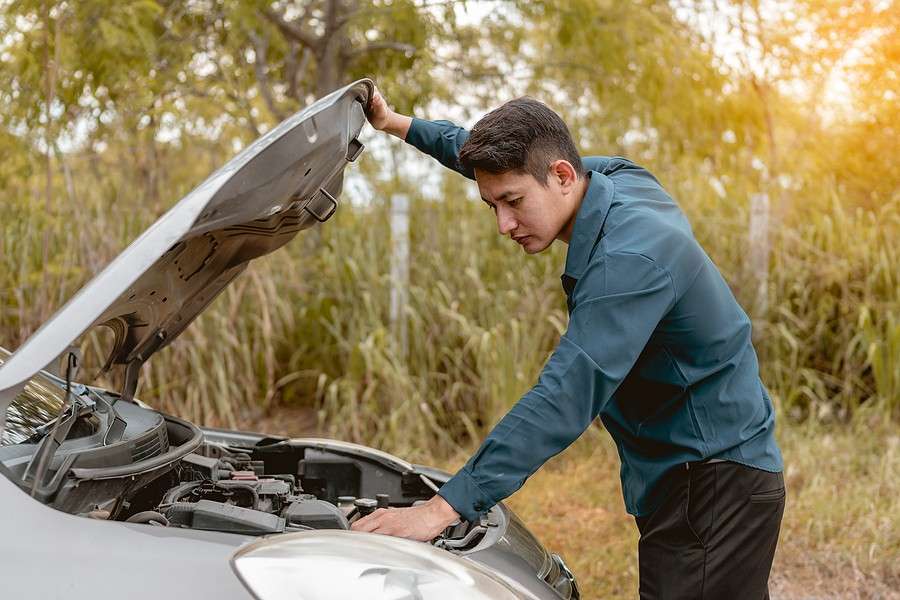An engine knocking sound can be a cause for concern for any vehicle owner. This sound is often described as a metallic, knocking or pinging sound coming from the engine. It is important to understand the causes of engine knocking and the various ways to prevent it from occurring. In this article, we will explore the causes of engine knocking and how to prevent it from happening in your vehicle.
Engine knocking can have serious consequences for your vehicle if left untreated. The knocking sound itself is an indication that something is not right in the engine, and if ignored, it can lead to further damage. Some of the potential consequences of engine knocking include:
- Reduced Engine Performance: Engine knocking can reduce the performance of your vehicle, causing it to lose power and responsiveness.
- Increased Fuel Consumption: Engine knocking can increase fuel consumption, as the engine has to work harder to maintain performance.
- Engine Damage: The knocking sound itself can cause damage to the engine over time, leading to reduced engine lifespan. In severe cases, engine knocking can cause serious damage that requires costly repairs.
- Decreased Resale Value: If your vehicle has a history of engine knocking, it can decrease its resale value, as it is seen as a less reliable and less desirable vehicle.
Diagnosing Engine Knocking
If you suspect that your vehicle is experiencing engine knocking, it is important to have it inspected by a professional. A mechanic will be able to diagnose the cause of the knocking sound and determine the best course of action to prevent further damage. Some of the diagnostic techniques used to diagnose engine knocking include:
- Visual Inspection: A visual inspection of the engine and surrounding components can help identify any issues that may be causing engine knocking.
- Engine Diagnostic Tests: Engine diagnostic tests, such as a compression test or cylinder leak down test, can help determine the cause of engine knocking.
- Listening to the Engine: A mechanic can listen to the engine to determine the location and frequency of the knocking sound, which can help identify the cause of the problem.
Regular Maintenance to Prevent Engine Knocking
Regular maintenance is the best way to prevent engine knocking from occurring in your vehicle. By following a regular maintenance schedule, you can ensure that your vehicle is running smoothly and that any issues are addressed before they become serious problems. Some of the regular maintenance items that can help prevent engine knocking include:
- Regular Oil Changes: Regular oil changes are important to keep the engine lubricated and prevent carbon buildup that can lead to engine knocking.
- Replace Spark Plugs: Spark plugs should be replaced regularly to ensure that they are functioning properly and to prevent spark knock.
- Check and Replace Air Filter: The air filter should be checked and replaced regularly to ensure that the engine is receiving a proper air/fuel mixture and to prevent engine knocking.
- Check and Replace Ignition System: The ignition system should be checked and replaced regularly to ensure that the spark timing is correct and to prevent engine knocking.
Conclusion
Engine knocking is a serious issue that can cause damage to your vehicle if left untreated. Understanding the causes of engine knocking and how to prevent it is essential to maintain the health and performance of your vehicle. By following the prevention techniques listed above, you can help prevent engine knocking and keep your vehicle running smoothly.



